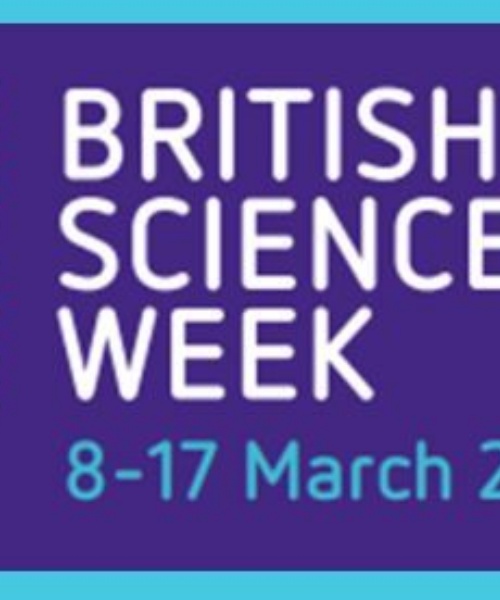
27 Mar 2024
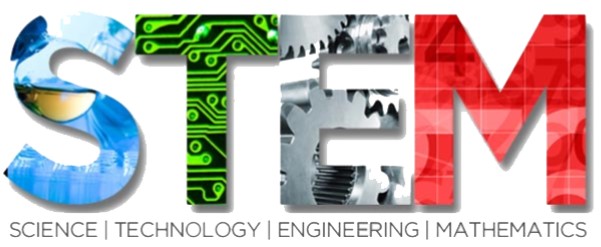
STEM is more than just gaining knowledge in Science Technology Engineering and Maths, it is also a way of thinking and a way of doing. It includes creative and flexible problem-solving, working effectively within a team and making links between subjects.
At Bexley Grammar School we understand how these key skills help to shape our students into capable, practical and confident learners. Developing a foundation that will enable them to succeed in a wide variety of STEM fields. It is well-documented that there is a shortfall of STEM specialists in some areas, such as engineering, and here at BGS we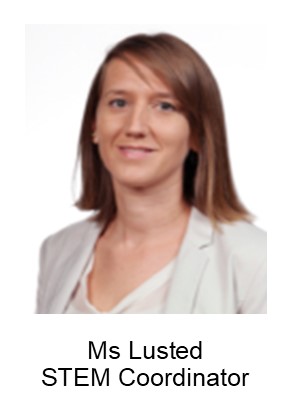 are taking proactive steps to tackle that issue for future generations.
are taking proactive steps to tackle that issue for future generations.
We have developed an integrated approach where STEM skills are incorporated into lessons and also explicitly developed through extracurricular activities and whole year group events. There is the House STEM competition as well as a whole school STEM Power Day. These events allow the students to work with industry specialists from a wide range of STEM disciplines who come in and run workshops/judge competitions/give career talks and generally inspire and motivate the students. Over the years we have developed ongoing links with RIBA, the NHS, Public Health England, Glasgow University Quantum Physics Department and the Police Technologies Programme.
Every student at BGS will study at least one science subject in sixth form for the IB diploma and around 120 (⅔ of the year group) will go on to study a STEM subject at university. For example, for the 2021 cohort, 27 students went on to do a biology related course (including 6 taking medicine) and a further 15 went on to study physics or engineering courses.
Key Stage 3
At Key Stage 3 we have a wide range of extracurricular clubs that fall under the remit of STEM. These range from chemistry club, to robotics, to coding to building skateboards.
Key Stage 4
As students get older their STEM activities become more self-directed. In the Engineering Club students are able to complete projects of their own design. These have varied massively over the years from computer science projects to woodwork design and builds. Some of these students will use these projects as the basis for an application for the Arkwright Scholarship which is completed at the start of Year 11. We have had successful Arkwright Scholars every year for the past four years, and we hope to continue to grow this impressive record.
Key Stage 5
By the Sixth Form students are running their own clubs with little input from staff. These societies reflect the high level of ambition of BGS students as well as their motivation to develop their own experiences while supporting their peers. The Medicine Society and the Senior Science Society both meet regularly and sharing the extracurricular work they are doing at home. In addition to these, there are currently a number of national programmes that BGS students are involved in, such as the Quantum Ambassador’s Programme and an InverstIn programme called ‘Empowering Young Women in STEM’.
At BGS, there are a vast range of STEM activities for students of all ages to participate in. In Sixth Form, students are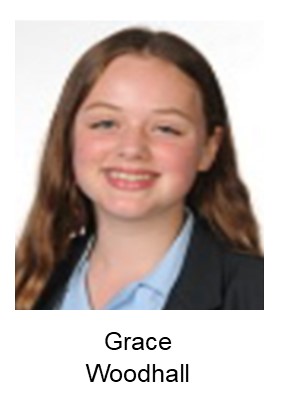 encouraged to join science clubs, become science prefects and mentor younger students. For me, these roles have been excellent - I’ve been able to tutor Year 8s and Year 11s about science each week and join the Senior Science Society, as well as helping to run the Year 12 Medicine Society. In this club, we have sessions once every two weeks about varying topics in medicine, which we lead and present.
encouraged to join science clubs, become science prefects and mentor younger students. For me, these roles have been excellent - I’ve been able to tutor Year 8s and Year 11s about science each week and join the Senior Science Society, as well as helping to run the Year 12 Medicine Society. In this club, we have sessions once every two weeks about varying topics in medicine, which we lead and present.
Mark, Eloise and I, started the club in November and our first role was to come up with ideas for our sessions. I had recently attended a lecture on medical ethics at UCL and felt this would be a great thing for the group to learn about. We focused on the four pillars of medical ethics and ran a medical ethics debate, which was a great success and a chance for all our aspiring medics to get involved and test their knowledge. Currently, we’re getting our participants to create their own presentations about a key case study in medicine, something that will be really beneficial in their medical school interviews and personal statements. Thanks to Ms Stoddard’s organisation, the group also had the opportunity to speak to two BGS alumni who are studying medicine at Cambridge and St George’s. This was a great chance for us to gain useful advice about admission tests and a valuable insight into what university is like as a medical student.
As a whole, I think the Medicine Society has been a great way for us to learn more about medical applications and advance our own scientific knowledge, whether that be with case studies or recent medical news. Ms Stoddard, Mrs Caley-Gardiner and Mrs Moore have been a huge help in providing any relevant medical information and overall the attendees have created a studious, welcoming environment.
On 11th January this year, I received my formal offer to read biology at Jesus College, Oxford. This single email was the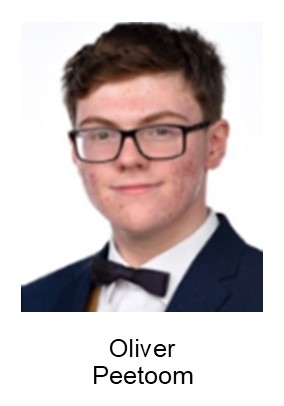 culmination of a year's worth of effort, both independent, but notably with the higher universities support staff.
culmination of a year's worth of effort, both independent, but notably with the higher universities support staff.
Choosing to read biology was the product of long and severe deliberation; from just a base of higher biology and chemistry, numerous options were present, ranging from medicine and veterinary sciences to biochemistry and chemical engineering. However, I settled on pure biology as my interests lay primarily in evolutionary biology and have a passion for macrobiology’s more live, active aspects. After deciding on the course, advice and guidance from the biology department gave direction on super curricular activities, which would fortify my application and demonstrate my passion for the subject. These included virtual lectures and online university courses on paleozoology to provide crucial evidence for drafting my personal statement.
For months before I even began writing my personal statement, I attended a group hosted by Ms Stoddard for students aiming for Oxbridge and other Russell Group university placements. Her side of this process was more about the specific rigours of applying, not as subject-specific. The support she offered was for the challenges arising from the application processes such as interview practice for those who needed it (including myself), advice and specialised checks for personal statements and arranged virtual meetings with former students now attending Oxford to give a more intimate understanding of it all. Her consistent support, alongside aid from Mrs Caley-Gardiner, made the early application deadlines feel far more manageable and offered connections to other staff, like Mr Morris. He could help improve the personal statement with their unique insights.
Overall, the process was naturally stressful though I could not be more content with the result. With all going well, I will receive the necessary grades from my IB course and take my place at Jesus College in October. I couldn't be more grateful for all the support I have received in this process, and it has been effective in getting me where I need to be.
You have not allowed cookies and this content may contain cookies.
If you would like to view this content please
You have not allowed cookies and this content may contain cookies.
If you would like to view this content please
You have not allowed cookies and this content may contain cookies.
If you would like to view this content please
You have not allowed cookies and this content may contain cookies.
If you would like to view this content please
You have not allowed cookies and this content may contain cookies.
If you would like to view this content please
You have not allowed cookies and this content may contain cookies.
If you would like to view this content please
The Science Department offers a wide range of extra-curricular opportunities for our students to develop their passion and interests in science. What is the role of a science LEADER? Leading science clubs in local primary schools Involves delivering science demos or experiments in these sessions Teaching as…